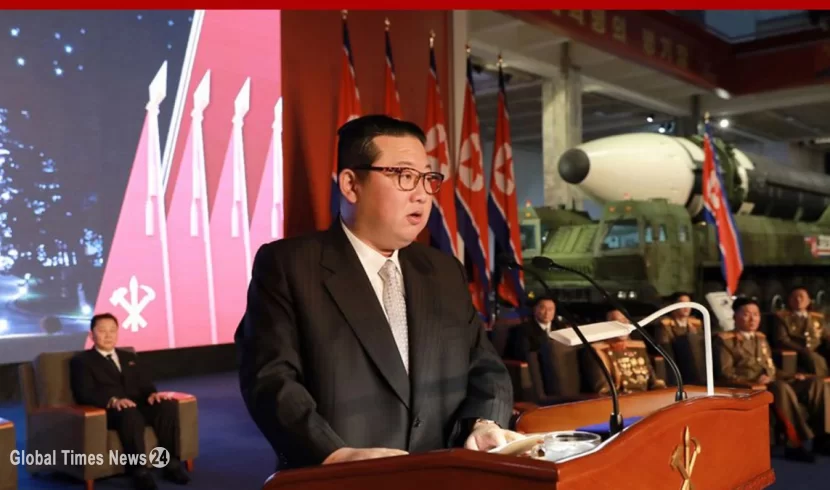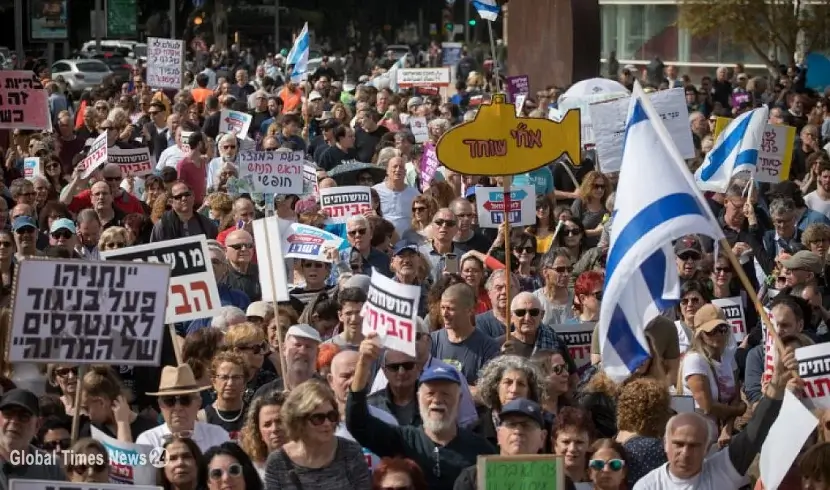In a statement delivered at the annual UN General Assembly in New York, Irish Prime Minister Leo Varadkar voiced his concerns over escalating global food, energy, and economic insecurity, exacerbated by the ongoing conflict in Ukraine. Varadkar lamented the collapse of the Black Sea grain deal, describing it as worsening an already dire situation.
"Russia's unexplained decision last month to terminate the Black Sea Grain Initiative has only compounded this dire situation," Varadkar stated. He emphasized the persistent threat of famine and food insecurity, particularly affecting the world's most vulnerable populations due to increased conflict, insecurity, and violence.
Highlighting the importance of translating the Sustainable Development Goals into concrete actions, Varadkar urged global leaders to turn their collective commitments into reality.
Following the collapse of the Black Sea grain deal in July, efforts have been underway to find alternative land routes for Ukrainian agricultural exports to reach global markets from the war-torn country. Russia's refusal to extend the grain deal stemmed from complaints that Western obligations had not been met and restrictions remained on its own food and fertilizer exports. Moscow specifically criticized restrictions related to payments, logistics, and insurance.
The previous year, the UN and Turkey brokered the grain deal, which allowed Ukraine to export grain via the Black Sea and contributed to reducing global food prices.
Turning his attention to the Israeli-Palestinian conflict, Varadkar expressed deep disappointment in the international community's recurrent failure to address this issue effectively. He stressed the longstanding consensus on the parameters of a just solution: a two-state solution based on the 1967 borders, with a viable Palestinian state coexisting peacefully alongside Israel, whose right to exist must be acknowledged and respected by all its neighbors.
Varadkar condemned acts of terrorism against both Israeli and Palestinian civilians and warned against dangerous rhetoric and violations of international law. He referenced a resolution passed by the UN General Assembly, supported by Ireland and others, which sought an advisory opinion from the International Court of Justice on the legal consequences arising from Israel's prolonged occupation.
Regarding the stalled peace talks between Israelis and Palestinians, Varadkar attributed the impasse to Tel Aviv's refusal to halt settlement construction and release Palestinian detainees, as well as the avoidance of a two-state solution.
Finally, Varadkar joined the chorus of voices advocating for reform within the UN Security Council. He called for a reformed Security Council that eliminates the outdated concept of the veto, asserting that it has no place in the 21st century. He also stressed the need for a Security Council that accurately reflects the current global demographic and political landscape, rather than being rooted in the circumstances of the 1940s. In conclusion, he underscored the imperative for comprehensive UN and multilateral system reform.
News ID : 2492


 Documents seized from Trump home held US secrets about Iran, China
Documents seized from Trump home held US secrets about Iran, China
 North Korea's patience ended up, reacted sharply to US sanctions
North Korea's patience ended up, reacted sharply to US sanctions
 Joe Biden and wife evacuated after plane violates airspace
Joe Biden and wife evacuated after plane violates airspace
 Cyber failure, an issue that has messed up Israel's intelligence
Cyber failure, an issue that has messed up Israel's intelligence
 William Ruto elected as the president of Kenya
William Ruto elected as the president of Kenya
 Major sports events of 2022
Major sports events of 2022
 Over reliance on fossil fuels puts health of current, future generations in jeopardy
Over reliance on fossil fuels puts health of current, future generations in jeopardy
 Nakba 75: Palestinian citizens of Israel are exiles in their own land
Nakba 75: Palestinian citizens of Israel are exiles in their own land
 Intensifying ethnic polarity in Israel reaches deadline of election campaign
Intensifying ethnic polarity in Israel reaches deadline of election campaign
 The Impact of US Sanctions: Consequences and Reevaluation
The Impact of US Sanctions: Consequences and Reevaluation
